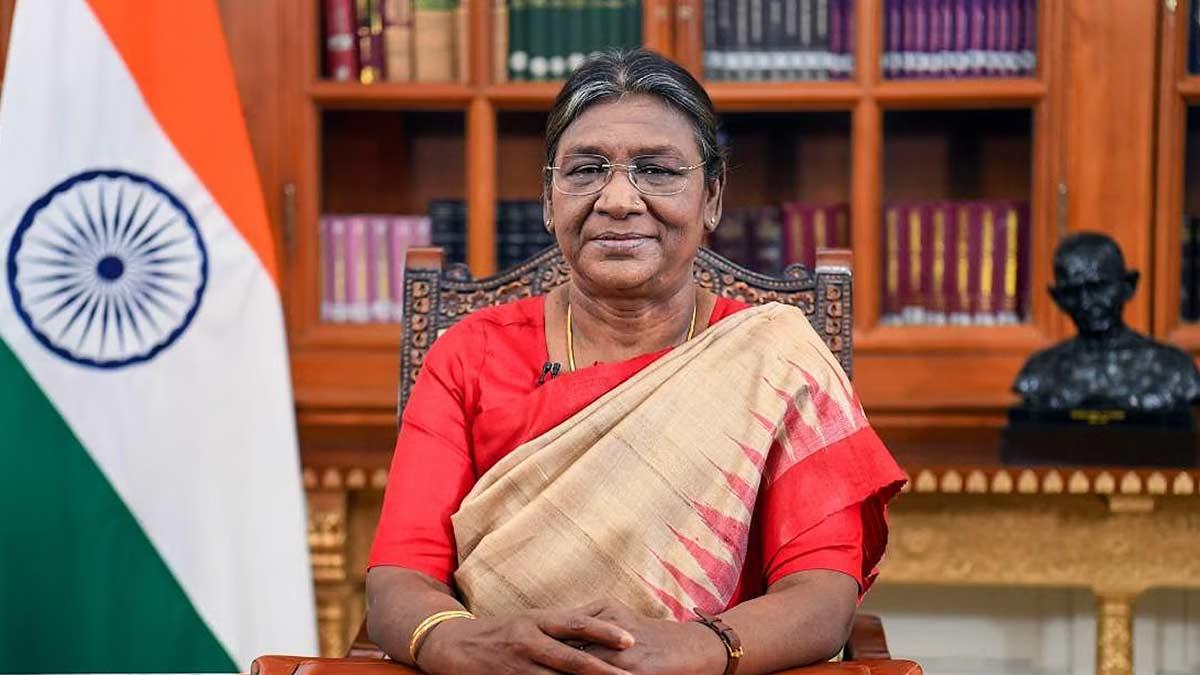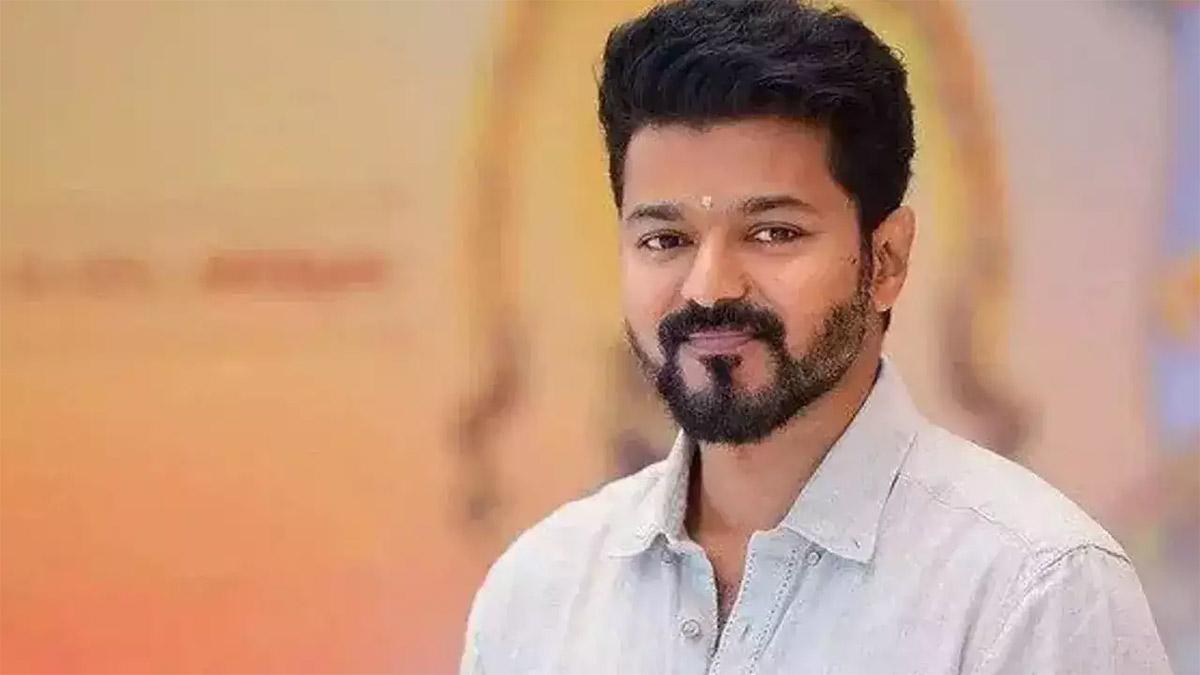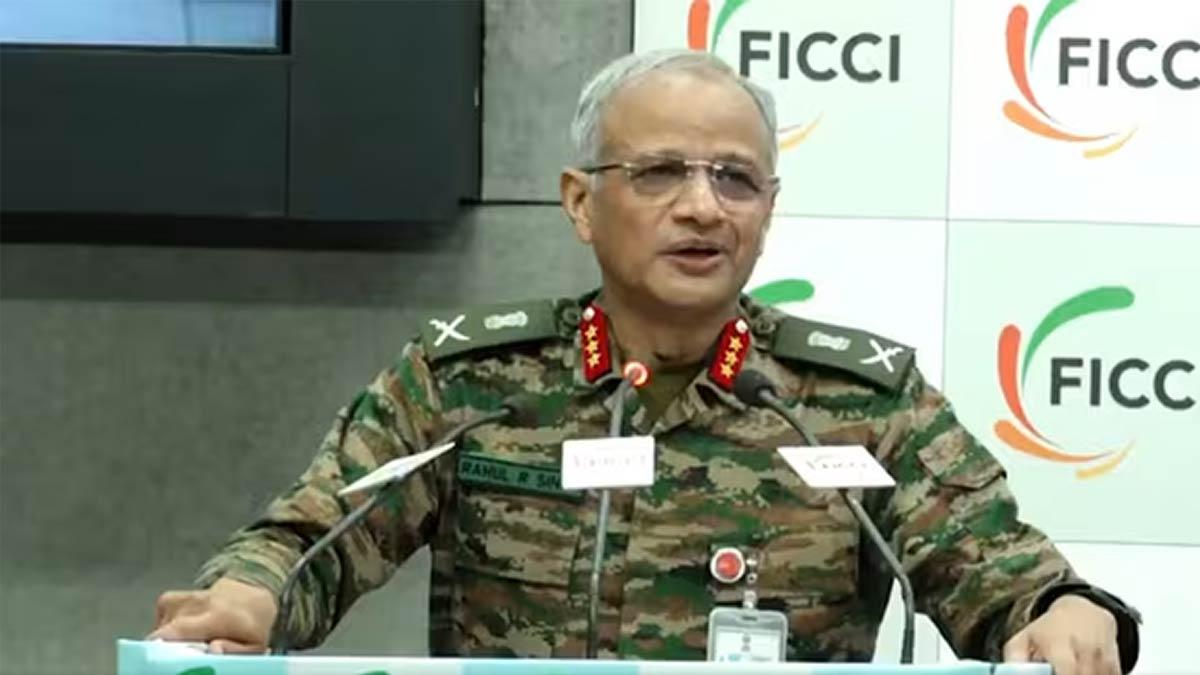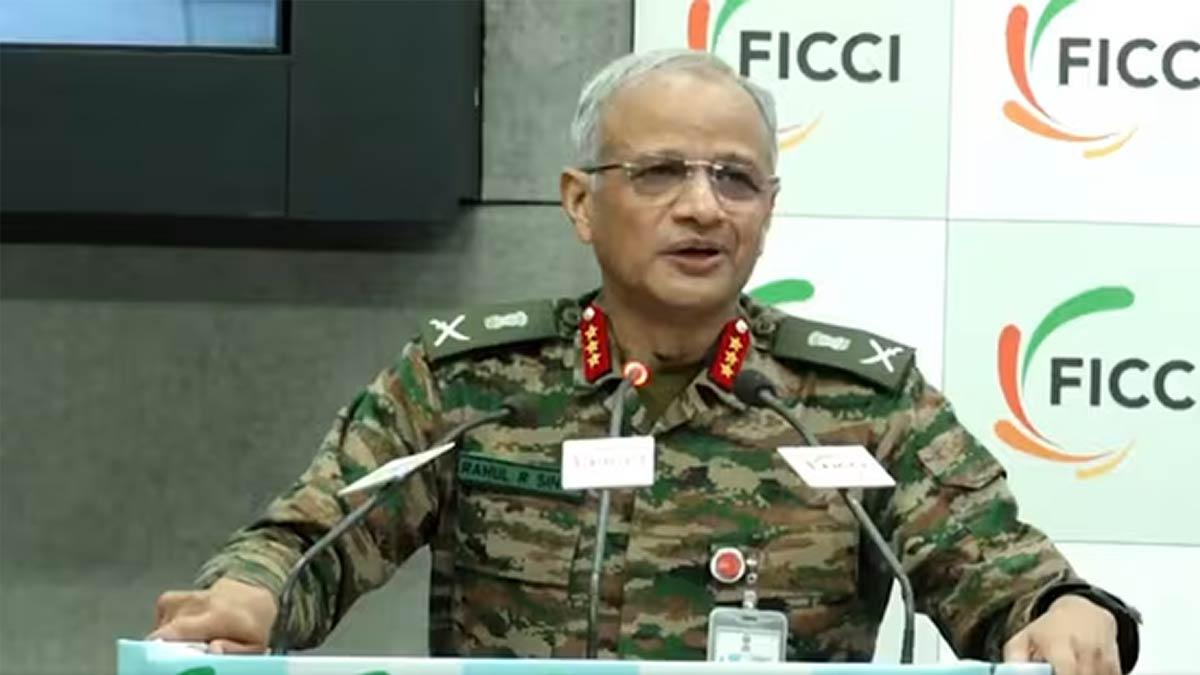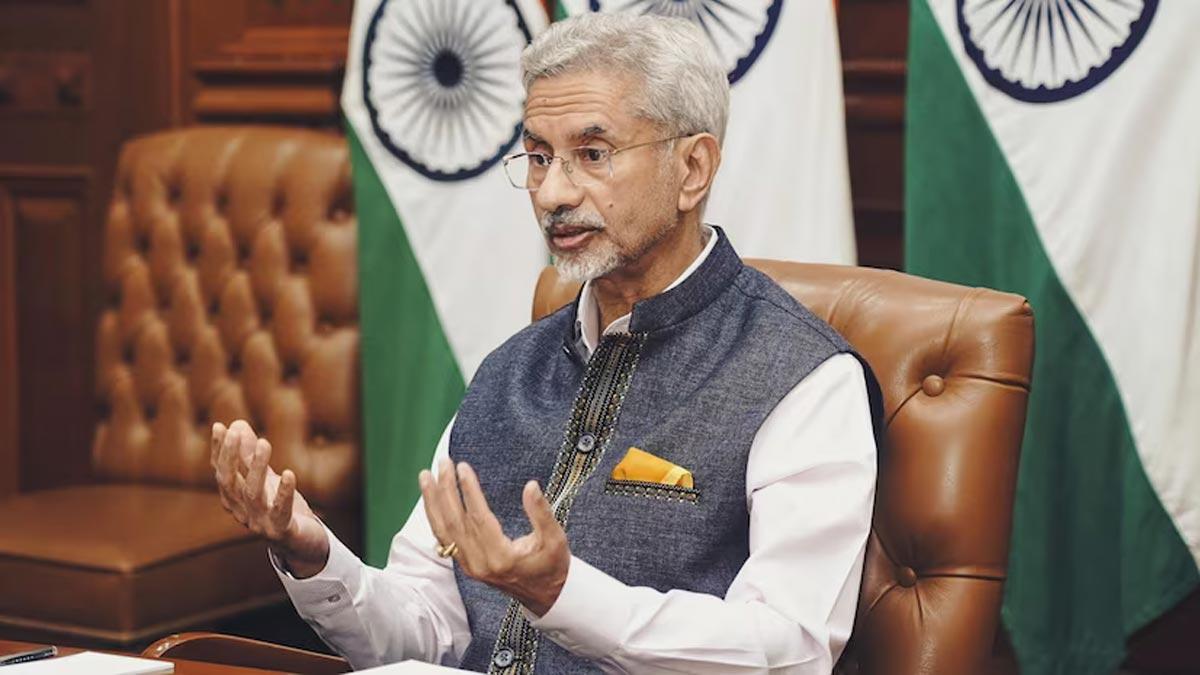A month since the Supreme Court's historic judgment in the Tamil Nadu case, in which it laid down timelines for the President and Governors to give assent to Bills enacted by state legislatures, President Droupadi Murmu has moved the Supreme Court seeking clarity on whether governors can also be given similar timelines.
Invoking Article 143 of the Constitution, which empowers the President to seek the Supreme Court’s opinion on legal or significant public matters, President Murmu has formally asked the court for guidance.
"Is the Governor obligated by the aid and advice given by the Council of Ministers in exercising all the options with him when a Bill is submitted before him under Article 200 of the Constitution of India?" the President's letter to the Supreme Court states.
President Murmu also challenged the justiciability of a Governor's discretionary powers based on Article 361, which safeguards the President and Governors from being accountable before any court for the exercise of their official functions.
"In the absence of constitutionally-specified time and mode of exercise of powers by the President, can timelines be stipulated and the mode of exercise be specified through court orders for exercise of discretion by the President under Article 201 of the Constitution of India?" the President sought to know, seeking interpretation of the court.
This follows the Supreme Court's April ruling issued by a two-judge bench headed by Justice JB Pardiwala and Justice R Mahadevan. The bench had used its extraordinary powers to break a stalemate between the DMK-led government in Tamil Nadu and Governor RN Ravi, declaring the Governor's withholding of assent on 10 Bills as "illegal and arbitrary." The court had also given Presidents and Governors three months to clear Bills passed twice by legislatures.
The verdict emphasized that the President should seek advice from the judiciary on constitutional matters. It also, however, acknowledged the boundaries of the advisory jurisdiction of the court. "The exercise of a self-imposed restraint by the court in cases of purely political considerations is in harmony with the doctrine of political thicket, namely, the courts do not step into domains of governance where the Constitution vests an exclusive prerogative in the executive," the verdict stated.
It also explained that "in some exceptional situations, the Governor can hold back a bill for referral to the President on the grounds that the bill is dangerous to the ideals of democracy and an interpretation of the Constitution has to be done to determine if such legislation is to be given or not given assent." The court emphasized that in such situations where constitutional validity is involved, the executive would need to exercise restraint.
It is hoped that the Union executive will not adopt the role of the courts in deciding the vires of a bill and should, as a matter of practice, refer such question to the Supreme Court under Article 143. We have no hesitation in expressing that the executive hands are tied when dealing with purely legal issues in a bill and only the constitutional courts have the prerogative to examine and offer recommendations as regards the constitutionality of a bill," the verdict concluded.
The ruling also recognized the "non-binding nature" of the advisory opinions of the Supreme Court under Article 143 but stated that this does not lower the principles that govern the Court's constitutional interpretation.
Further, the order added that the sole situation where the executive could go against the Supreme Court's recommendation is when the grounds for reserving a Bill entail not only legal but also policy reasons. "In such situations, if the President goes against the advice of this Court and refuses assent to a bill, he shall record valid reasons and materials which make it necessary not to grant assent," the court decided.
It is now the Supreme Court's decision whether to form a bigger Constitution bench to resolve the matters raised by President Murmu or to uphold the previous judgment of the two-judge bench. This question arises as the Supreme Court welcomes its new Chief Justice of India, BR Gavai, who was sworn in yesterday.
Read also| Pakistan Urges India to Reconsider Suspension of Indus Waters Treaty Amid Rising Tensions

